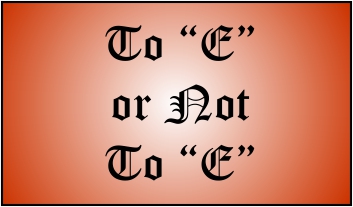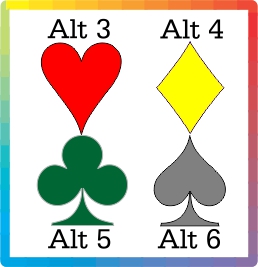Singular Verb or Plural Verb? What are the rules?
Do we use a singular or plural verb with these words:
- None
- Either
- Everyone
- Neither
- Nobody
- Someone
Here’s the answer.
When “none” means “not one” or “no one,” we use a singular verb following it.
For example, “None of the presidential candidates is worth voting for.” The singular verb “is” relates back to the singular pronoun “none” rather than to the plural noun “candidates.”
But if “none” refers to more than one person or thing, you use a plural verb. For example: “None are so ridiculous as those who always think they are right.”
Other words that give us pause – and create an abundance of grammar mistakes are: each, either, everyone, neither, nobody and someone. The verb following these words should be singular.
For example:
Each of us is wealthy. (NOT “are wealthy”)
Neither Harry nor Sally is coming with us. (NOT “are coming with us”)
Everyone has his own opinion. (NOT “has their”)
Speaking of “his opinion” –
Political Correctness vs. Grammatical Correctness with Gender
It may be that using the masculine “his” is less politically correct when referring to both genders, but using “his” is still more grammatically correct than trying to pluralize a singular adjective to avoid a gender issue. “Everyone has their own opinion” is grammatically incorrect, in other words, because “their” is a plural adjective trying to relate back to “everyone,” a singular pronoun and “has,” a singular verb.
Using “his/her” is not a terribly good alternative, either, because it breaks the tempo of the writing and makes the text harder to understand. I also don’t care for mixing the genders willy-nilly – alternating he, him, his and she, her, hers throughout the text.
As a female writer, it doesn’t particularly bother me to use “everyman” words, even though more than 50% of the readership is likely to be women. I tend to opt for ease of reading as the first priority.
If you can construct sentences that are gender-neutral, without diminishing your writing style – or distracting people from your content – that’s terrific. But if the sentences feel forced and are unnatural-sounding, you might want to try the “everyman” approach and stick with the “universal” masculine pronouns.
Of course, the other option is to use the universal feminine (she, her, hers)… just be consistent one way or the other for the sake of clarity.



